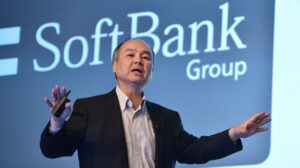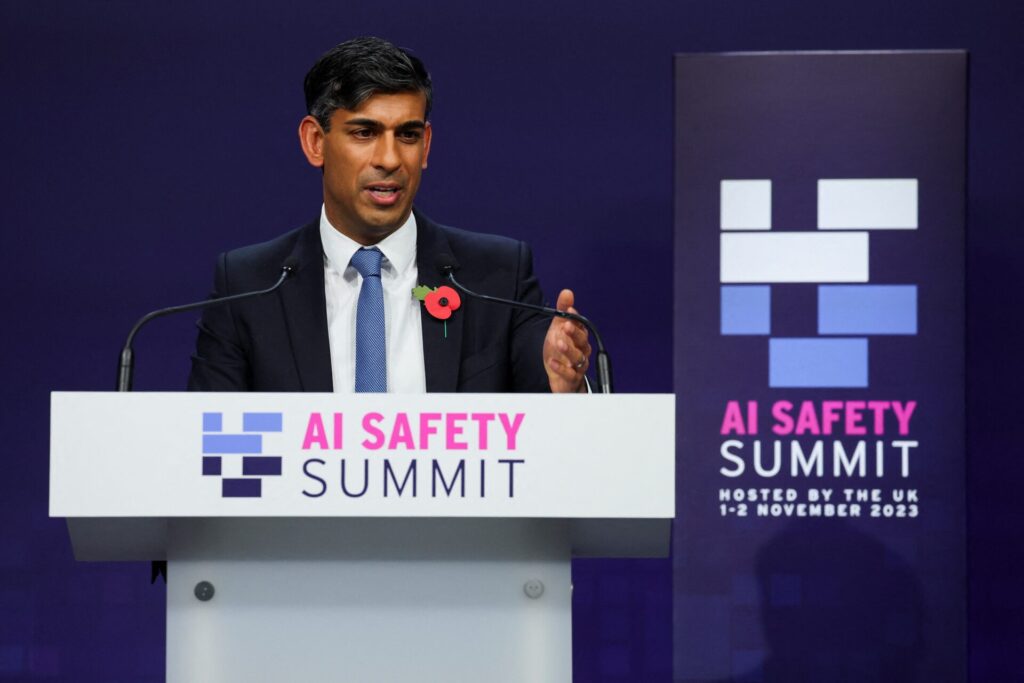|
Getting your Trinity Audio player ready...
|
As global leaders prepare for a major artificial intelligence (AI) summit in Paris on February 10 and 11, the United States has altered its delegation, notably excluding technical staff from the country’s AI Safety Institute. The move comes amid broader policy shifts under President Donald Trump, raising questions about the U.S.’s commitment to AI safety governance at a time of increasing global competition, particularly with China.
Paris AI Summit: A Global Gathering Without Key U.S. Officials
The summit, which will bring together representatives from around 100 countries, aims to explore AI’s potential and governance strategies. Leading the U.S. delegation is Vice President JD Vance, accompanied by members of the White House Office of Science and Technology Policy (OSTP), including Principal Deputy Director Lynne Parker and Senior Policy Advisor for AI Sriram Krishnan.
However, sources close to Washington’s plans reveal that the Department of Homeland Security and the Department of Commerce—both key players in AI regulation—have canceled their participation. Notably, representatives from the AI Safety Institute, created under former President Joe Biden, will not be attending.
Uncertainty Over the AI Safety Institute’s Future
The AI Safety Institute, established to measure and mitigate AI risks, has played a crucial role in safety testing agreements with U.S. AI startups like OpenAI and Anthropic. While the institute claims its work is bipartisan, its future under the Trump administration remains uncertain, especially after Trump revoked a Biden-era AI executive order.
The lack of a confirmed director for the institute further complicates its trajectory. Observers speculate that the absence of its representatives at the Paris summit reflects an ongoing policy transition within the Commerce Department, where the institute is housed.
Unlike previous international AI gatherings in Bletchley Park (UK) and Seoul (South Korea), which focused heavily on the risks of AI, the Paris summit will emphasize AI’s potential. This shift aligns with the Trump administration’s broader approach, which prioritizes AI innovation over regulatory concerns.
Despite the AI Safety Institute’s absence, the International Network of AI Safety Institutes (INAI)—a global body chaired by the U.S.—is expected to maintain a presence at the summit. U.S. delegates may still engage in AI safety discussions through this network.
China’s AI Advancements Add Pressure on U.S. Strategy
The backdrop of this policy shift is the growing concern over China’s rapid advancements in AI. Recent breakthroughs, such as the low-cost, high-efficiency AI model from DeepSeek, have intensified the global AI race, prompting the U.S. to reassess its AI leadership strategy.
With China challenging traditional AI development models, the Trump administration appears to be focusing on AI innovation and economic competitiveness, rather than risk mitigation. This approach could signal a decreased emphasis on AI safety frameworks, a stance that may influence future international AI agreements.
The U.S.’s decision to omit AI Safety Institute representatives from the Paris summit reflects a broader shift in AI policy under Trump. As Washington recalibrates its AI strategy, the balance between innovation, regulation, and global leadership remains a pressing challenge.
With China’s DeepSeek AI breakthrough raising fresh concerns, the world will be watching closely to see how the U.S. navigates its AI priorities in the coming months.



